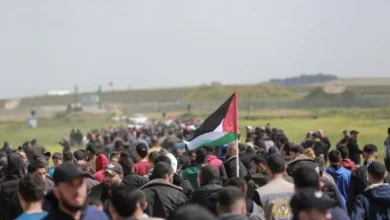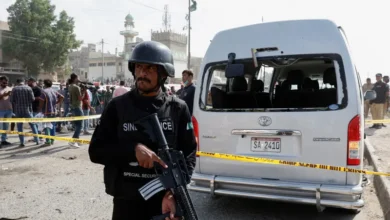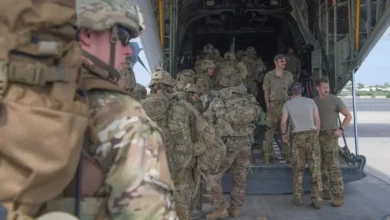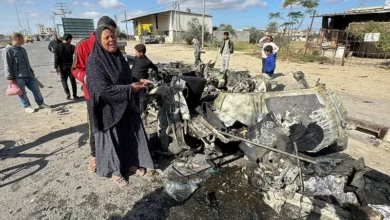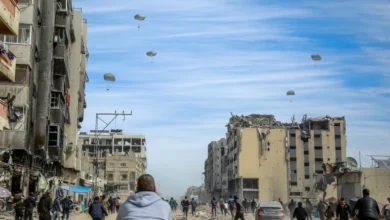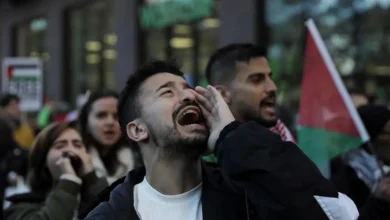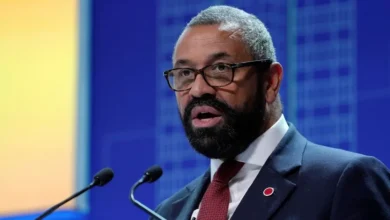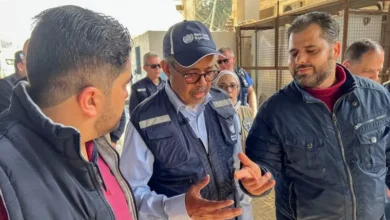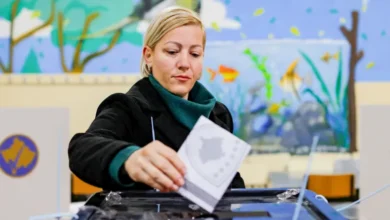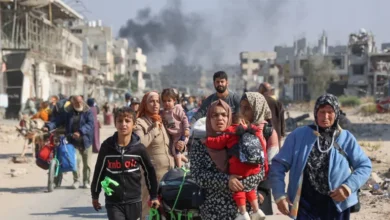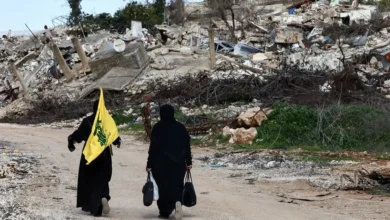Lula at 100 days: President stalls in quest to reshape Brazil
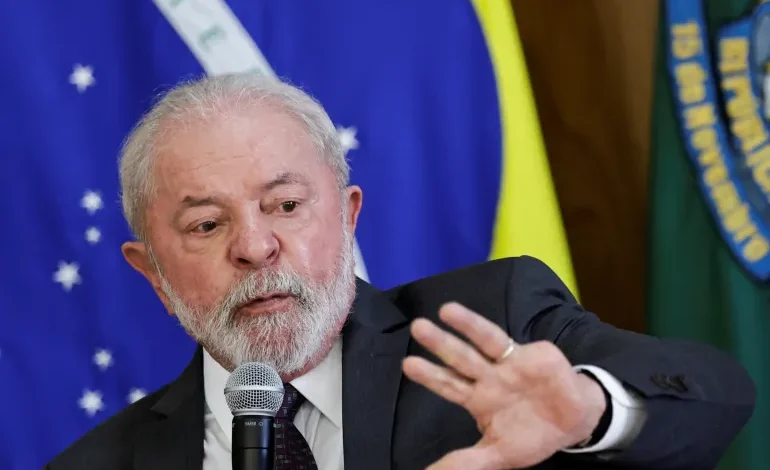
A government’s first 100 days in office can be a sort of honeymoon, with voters and politicians hopeful for a new start. But for Brazilian President Luiz Inacio Lula da Silva, despite some signs of progress, the past three months have been marked by a certain weariness.
In the social arena, his game has been strong, with Lula reinstating programmes aimed at bolstering low-income housing, water delivery and financial aid for needy families.
And after Brazil’s grim return to the World Food Programme’s Hunger Map, with more than 33 million Brazilians going hungry last year, Lula relaunched the National Council for Food and Nutritional Security, abolished under former President Jair Bolsonaro.
But governing has not been an easy task. The nature of Lula’s coalition government raises a number of internal contradictions, experts have said — and without a solid base in parliament, some projects may struggle to get approved.
In addition, the January 8 storming of government buildings by Bolsonaro supporters laid bare the apparent animosity towards Lula among some ranks of the country’s security services, resulting in a wave of dismissals for their alleged inaction.
“Lula 3.0 is different from Lula 1.0 and Lula 2.0,” Evandro Menezes de Carvalho, coordinator of the Center for Brazil-China Studies at the Getulio Vargas Foundation School of Law in Rio de Janeiro, told Al Jazeera.
“As he returns to office, Lula finds a Congress and society more conservative than the ones from his previous terms. Their agenda is, for the most part, not the same as that of the Workers’ Party,” he added. “Lula no longer has the popularity he once had — and Brazil’s economy is no longer the same.”
Political capital
Indeed, Lula has been wearing down his political capital with a crusade against the Central Bank over interest rates, questioning the entity’s autonomy under his predecessor. At the same time, he has been criticised for minimising
both allegations of corruption against his communications minister, and accusations of links between his tourism minister and a local militia. Both ministers have dismissed the allegations as distortions.Parliamentarians, who spoke with BBC News Brasil last month on condition of anonymity, said Bolsonaro’s recent return to the country after several months of self-imposed exile in the United States was based in part on an assessment of weakness within the Lula government, including his failure to kick-start an economic recovery.
On the climate crisis, a key focus during Lula’s campaign, observers also have said that they have seen little progress in the first stretch of his term. After the Bolsonaro government weakened the country’s action plan for cutting emissions, Lula was expected to commit to substantial reductions.Talanoa has been monitoring the revocation of previous government mandates that contributed to the process of dismantling environmental policies across the country, from fishing and logging to Indigenous issues.
“Before the election, we identified 123 mandates that had to be immediately revoked,” Unterstell said, noting that so far, just 15 have been addressed.
“In the first few days after Lula took office, we saw strong signs coming from the federal government, especially in terms of institutional reforms. But since then, progress has been slower — a direct consequence of the dismantling seen in the previous government.”
Path towards growth
The Indigenous agenda has been a bright spot for Lula.
Between restructuring the country’s Indigenous affairs agency, known as FUNAI; to restoring funding to protect the Amazon rainforest; to revoking a Bolsonaro-era decree that allowed logging on Indigenous lands, clear progress has been made thanks to the efforts of Indigenous representatives in government, observers said.There have also been advances in the foreign policy sphere, particularly considering the international isolation imposed on Brazil by the Bolsonaro administration. Lula has resumed a policy focused on South-South relations, aiming to bolster cooperation among developing countries in the Global South.
In January, Lula announced that the Brazilian Development Bank would once again finance projects in neighbouring countries, noting that this was key to ensuring Brazil’s leading role in the development of Latin America.
Under the previous government, “Brazil stopped developing and stopped sharing the possibility of growth with other countries”, Lula said during a trip to Buenos Aires, where he met Argentinian President Alberto Fernandez and members of the Brazilian and Argentinian business communities. The two countries are also working on a common currency project as an alternative to the US dollar for bilateral trade.
On a broader scale, after four years of international animosity towards Bolsonaro, Brazil’s position within the BRICS economic bloc — which also includes Russia, India, China and South Africa — seems to be on the rise, with former Brazilian President Dilma Rousseff elected last month as head of its New Development Bank. Lula is set to travel to Beijing next week to meet the Chinese president.
Play VideoBut as Carvalho and other analysts noted, there is still a long road ahead: “At the 100-day mark of the government, we still haven’t figured out the areas where we need the most investments — not only from China, but foreign investments in general,” he said.
At the same time, Carvalho added, Brazil has an opportunity to start rebuilding its diplomatic clout, “Lula can represent the possibility of watering down the polarisation between China and the US, as the country has legitimacy to sit at the table with both sides, if not as a mediator, at least as an interlocutor.”
